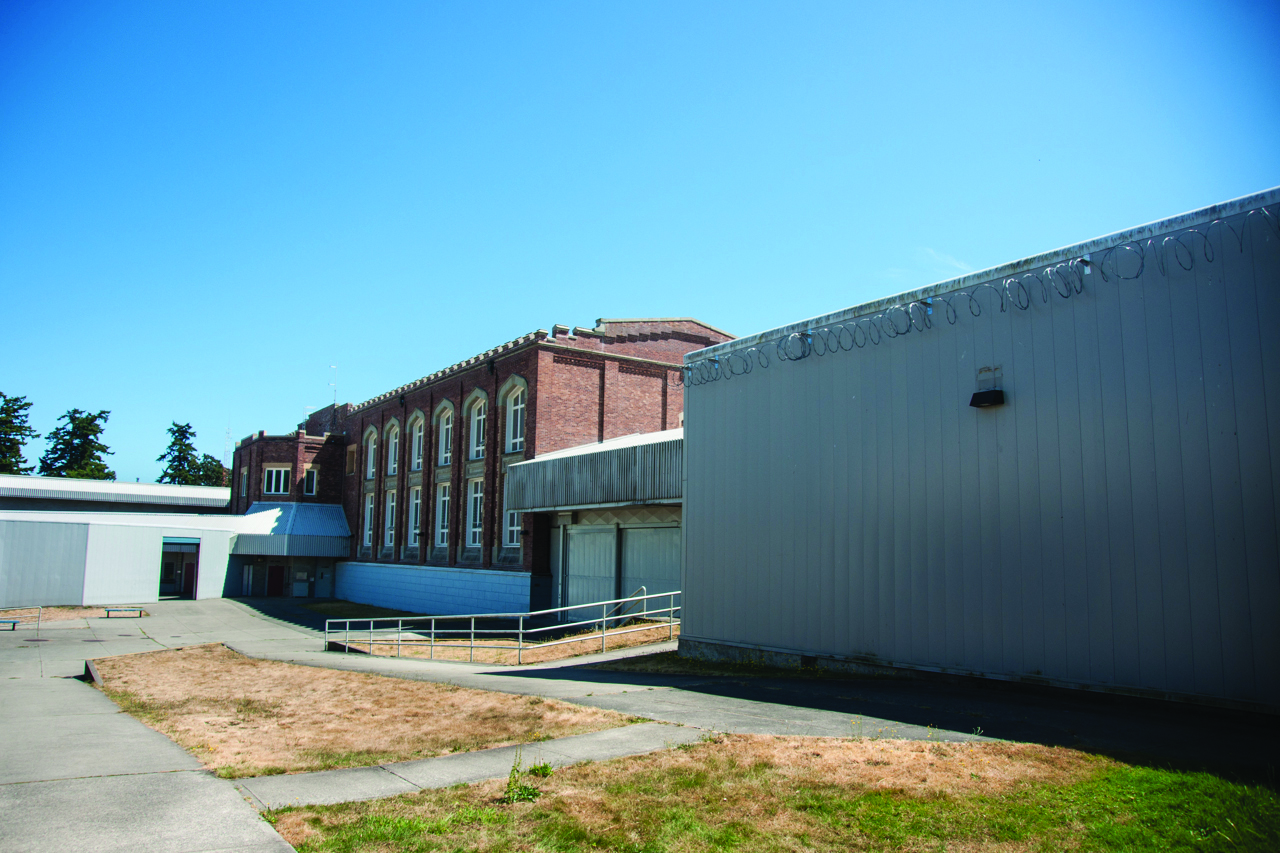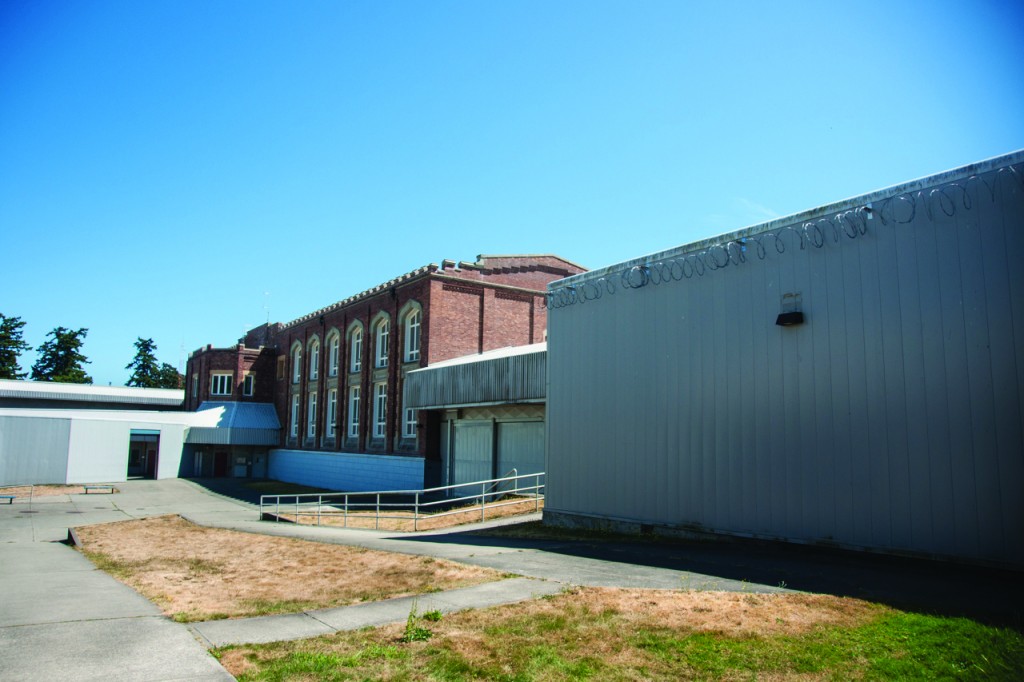
By Alex Rake (The Cascade) – Email
Print Edition: October 29, 2014

Earlier this month UFV released a study on children with incarcerated parents, concluding that “until Canada develops specific policies and practices designed to recognize and support the rights and needs of children affected by parental incarceration, these children will continue to face serious challenges to their successful development.”
The effects that having incarcerated parents can have on children include disruptions of — or relocations from — their home, social, and family lives, as well as broken contact with parents.
The study was conducted by faculty from UFV’s criminology and social work deparments, in collaboration with the Centre for Safe Schools & Communities at UFV.
Amanda McCormick, lead author of the study and member of criminology faculty, explains the origins of the study began with funds held by the research office at UFV.
“We were lucky enough to receive some funding that was dedicated towards the life situations of families and children in the Fraser Valley, specifically,” she says. “We wanted to take this funding and look at an issue that children were being faced with these days, and make recommendations on how to improve their situations.”
McCormick notes that children with incarcerated parents currently have very little support. “One of the things that we realized was that children of incarcerated parents are very unrecognized — an invisible population. They exist, but people don’t have a good way of identifying who these children are, and therefore providing them with the services that they need.”
McCormick emphasizes that the current state of support for these children reveals a lot of gaps.
“[There is] not a lot being done, and [there are] a wide range of services that need to be activated,” she says.
Some of the study’s recommendations include recognizing the few groups that currently provide support to children with incarcerated parents (such as the Elizabeth Fry Society of Greater Vancouver), establishing a “National Child Rights Advocate,” and creating a system of support that activates as soon as a child’s parent becomes incarcerated.
The study suggests that Canada falls behind other countries with regards to its support for these children.
“You look at Australia, or South Africa, or the UK, for instance,” McCormick says. ”These other countries recognize these children and provide them with supportive services — and that’s a way of preventing them from developing their own problems down the road.”
As a follow-up to the study, UFV faculty members Hayli Millar and Yvon Dandurand are developing a criminal justice decision-making series exploring international approaches to considering the children involved with adults in the criminal justice system.
The full study can be read online through the UFV Centre for Safe Schools & Communities website.



